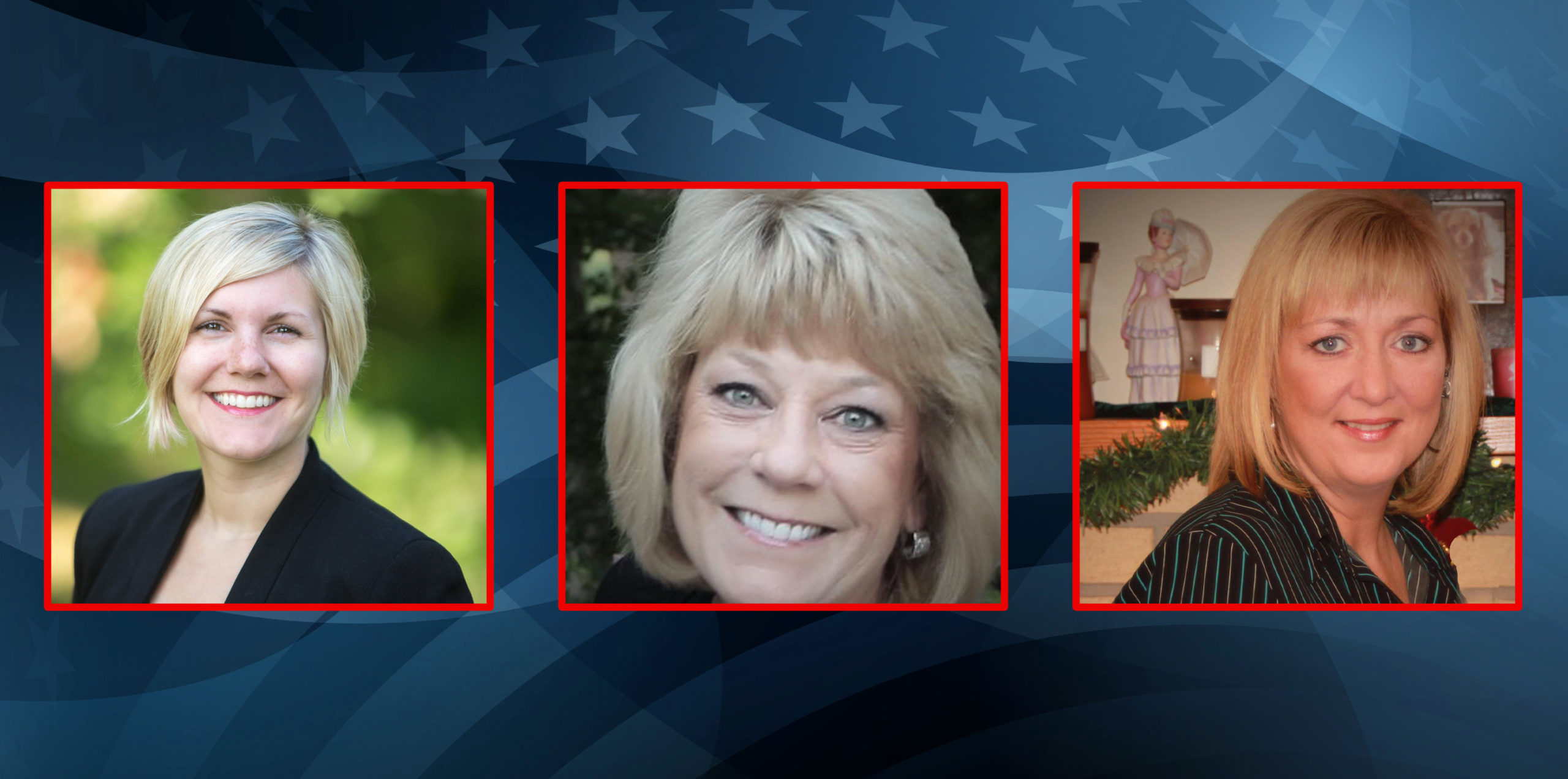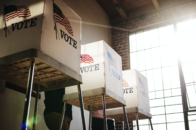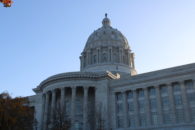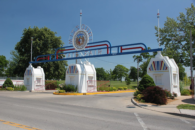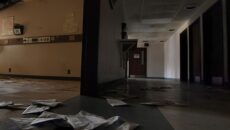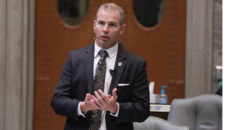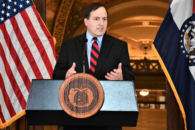With concerns over COVID-19 and new laws changing the way Missouri’s voting system operates, counties are preparing for an Election Day like no other. The Missouri Times spoke with election officials from three counties of varying populations facing similar challenges.
Tammy Brown, director of the Jackson County Election Board, said nearly 57,000 absentee and mail-in ballots had been sent out in her county — with more than 51,000 already returned. She said Missouri’s expanded voting options were causing a strain on local election workers.
“The law change was difficult,” Brown told The Missouri Times. “We’re not a mail-in state; we’re a poll state with absentee voting. To have that added to our list has been tough. For the past 15 weeks, our whole staff has been working long days and weekends just to get these ballots out.”
The state’s second-largest county also struggled to meet the demand for absentee voting. Brown reported 109 polling places in the county but only one absentee office. She said the lines outside have grown longer as Election Day looms closer.
While this year’s other elections were manageable for her team, Brown said the general election will be a challenge.
“It’s more daunting this time because this is the biggest election in four years so it’s a lot of extra work packing up the PPE and the additional training for workers — how to sanitize, how to treat the voters, social distancing,” she said. “It’s been a lot.”
Boone County Clerk Brianna Lennon said this year’s municipal and primary elections helped prepare them for Tuesday.
“We’ve found ways to make things more efficient,” she said. “The absentee voting process is one example; we work very closely with our ballot printers so that we can make that process more efficient. We’ve used June and August as learning experiences as far as polling place arrangement and supplies needed at the polling place.”
Lennon said the introduction of mail-in ballots required some adjustments. The county began preparing to process mail-in and absentee envelopes Thursday with a bipartisan election team verifying envelopes before officially counting them on Election Day. More than 22,000 ballots had already been submitted; Lennon estimated 90,000 total votes would be cast in Boone County this election.
Carter County Clerk Leona Stephens said her county was using CARES Act funds on PPE and other health supplies. She said her community hadn’t faced that many challenges so far, at least in terms of health precautions.
“We haven’t had many issues in the prior elections,” she said. “We’ve definitely grown our precautions throughout the year.”
Stephens said the process hadn’t changed much in her small rural county. The biggest adjustment was moving one of its five polling places to a larger space to accommodate social distancing. Given the number of voters opting for absentee and mail-in ballots, Stephens said the in-person accommodations shouldn’t be a major concern.
The biggest challenge Stephens pointed to was the fluctuating number of available poll workers so close to Election Day.
“I don’t even know if you can really compare this year to previous elections,” she said. “Everything has changed. On any given day, 10 of your workers could drop out over a positive test or health concern. In past elections, you were pretty secure with your workers within a couple of weeks before the election, but with this — one day you’re fine, the next you’re short again. We could wake up Tuesday morning and have a different scenario that we have to deal with immediately.”
Mail-in voting was authorized for the first time in Missouri for the 2020 elections in response to COVID-19. Absentee voting was also expanded to allow high-risk individuals to opt for absentee ballots.
The Missouri Secretary of State’s Office reported more than 628,000 ballots have already been returned to election authorities in 2020 as of Tuesday. Nearly 3 million Missourians voted in 2016’s general election. In 2016, more than 70,200 absentee ballots overall were requested.

